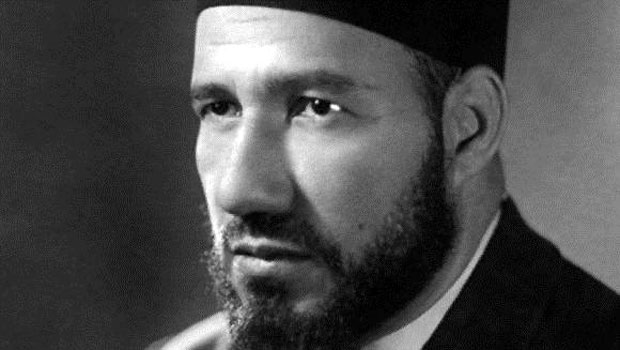There have been insistent demands for the renewal of religious discourse in several Muslim countries, including Egypt, which is known as “the Mother of the World” and home to the Al-Azhar university, its highest religious authority.
Ever since the toppling of Egypt’s former Muslim Brotherhood-led government, which led to a surge in terrorist attacks and pro-Brotherhood propaganda campaigns, there has been much talk about the need for religious reform, whether inside or outside Egypt. The discourse the Brotherhood, Al-Qaeda, or the Islamic State of Iraq and Syria (ISIS) employ to recruit people is based on specific religious texts and Islamic Shari’a concepts that lost touch with reality a long time ago.
Although easier said than done, asking Al-Azhar clerics to reform and revolutionize the Islamist discourse, as Egyptian President Abdel-Fattah El-Sisi recently did, is not enough. The problem of religious discourse is too divergent and therefore solving it should involve several factors, most importantly addressing issues such as collective psyche and upbringing. The solution lies in revisiting the religious concepts and ideas people were brought up upon. Similar attempts have been done by many of the great Muslim scholars in Iraq, Egypt, and Andalusia.
It is understood that in such uncertain circumstances it is difficult to find the right point of departure for bringing about religious change and reform. Last week, Egypt’s Ministry of Religious Endowments ordered mosques to remove from their shelves books that encourage extremism, particularly those authored by Brotherhood leaders. According to the Egyptian daily newspaper Al-Masry Al-Youm, Minister of Religious Endowments Mohamed Mokhtar Gomaa has ordered the burning of all the books written by clerics who incite violence, such as Hassan Al-Banna, Sayyid Qutb, and Yusuf Al-Qaradawi.
There is no doubt about the corruption of the Brotherhood’s ideology; however, does burning a few books constitute a real and effective solution? Those books must be available elsewhere outside Egypt and on the Internet. Moreover, some sides are spending millions on on their publication. This is not to mention that thousands of the Brotherhood’s disciples reiterate Qutb and Banna’s ideas in a way that makes them more attractive and appealing to a 21st-century audience, using state-of-the-art technology. Burning books cannot be the solution despite the fact that the close monitoring of mosques is among the duties of the ministries of religious endowments. However, governments should adopt a more comprehensive and sustainable plan that affects all aspects of life.
A few years ago I asked an Arab information minister about the purpose of banning books, since they are available online. He answered: “We know those books are available online but by banning them we would be registering a position and sending a political message.”
What really need to be burned are the extremist ideas that control the public conscience, not mere words on paper.
Ibn Hazm, the Andalusian Imam, responded to the burning of his books by saying:
Even if you burn the paper, you will not burn what
The paper contains, for it is in my heart
In fact, the problem is in what the hearts contain not what books say.
